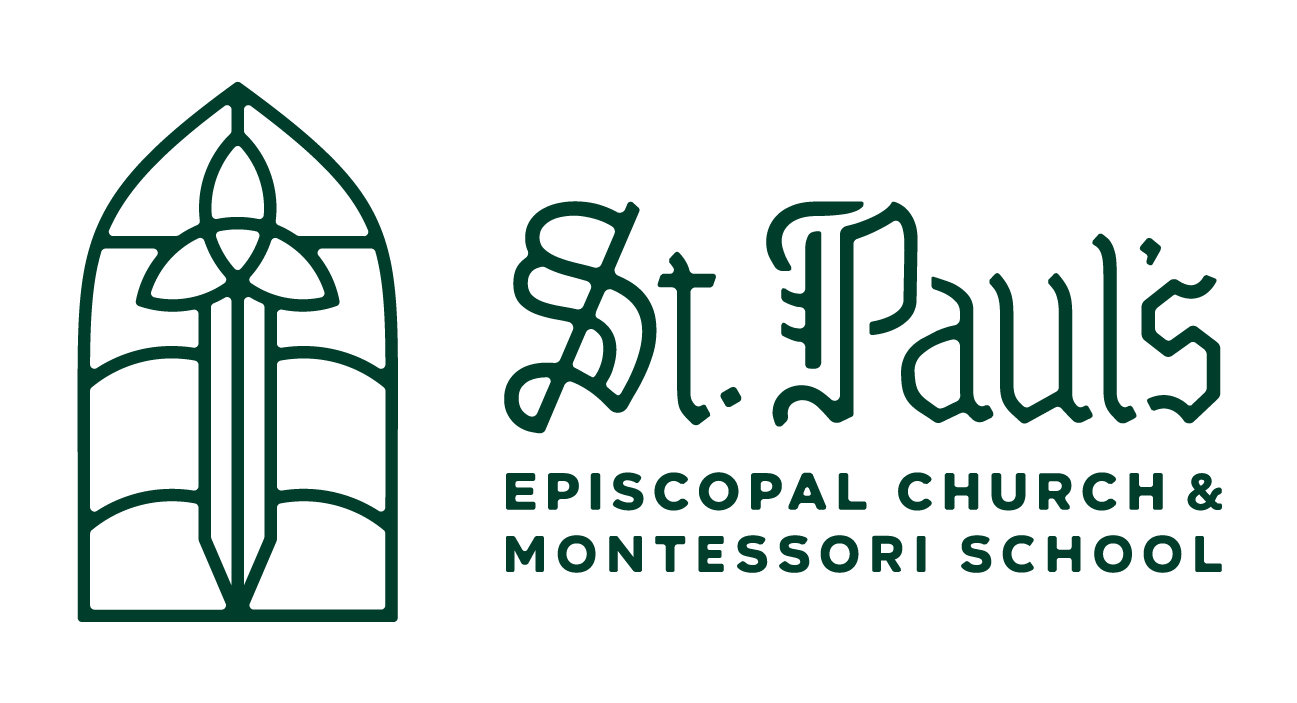Ash Wednesday is an important day of repentance and fasting in the Episcopal Church, as well as many other churches. Most of us who have lived in San Antonio or other cities with large Catholic populations have probably seen people with ash crosses on their foreheads. The imposition of ashes on the heads of the faithful is the origin of the name “Ash Wednesday.” This ritual is done to remind the people of their connection with creation. In the words of the prayer for the day from the Book of Common Prayer, God has “created us out of the dust of the earth.” It is also done to be a tangible, and even a little bit shocking, reminder of the impermanence of worldly things, for as the prayer continues, “grant that these ashes may be to us a sign of our mortality and penitence.”
The custom of imposing ashes emerged gradually, but was nearly universal in Western Europe by the 10th century. The origins of the meaning conveyed by the day, however, go back much further to the early days of Christianity. Ash Wednesday is the first day of the season of Lent, a time when penitents were reconciled with the community and catechumens (converts undergoing instruction) were preparing for Baptism. Whether one was formally a penitent, a catechumen, or a long-time Christian, Lent from the earliest days was understood as a time of preparation for Easter.
Repentance is a tough subject for many of us today, whether we are Christians, adherents of another religion, or of no religion. Talk of “repentance” can provoke memories of others demanding repentance who seemed more interested in making accusations or promoting fear, rather than the message of Jesus Christ. This is not what Ash Wednesday or Lent are all about. This is not what the Church means when it speaks of repentance. In the Greek of the New Testament and the early church, the word which translates to “repentance” in English has a much fuller meaning, conveying something more like great understanding, changing your mind, or turning around. In Greek mythology, the word was sometimes personified into a deity who inspired people with an awareness of when they missed a special opportunity or moment in life. These layers of meaning, not fear or shame, are what we should have in mind when we hear the words of Jesus or the Church invite us to repent.
Participating in the Ash Wednesday service can be an intense and memorable experience for children and adults. A special announcement about our Ash Wednesday chapel service was sent to invite Elementary parents to join their students for this special service. All are invited to receive the imposition of ashes. Some may find it extremely meaningful. The Church reminds us all of our mortality and our connection to the earth, in order that we may review our struggles and shortcomings and turn around.


